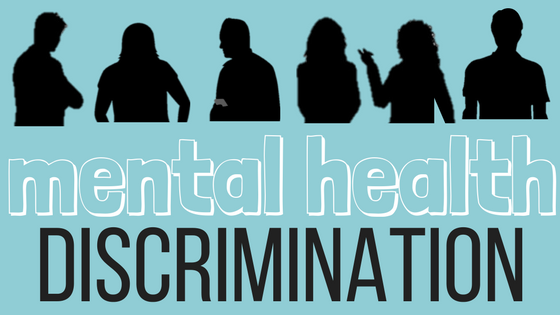Various organizations are crying out to increase professional awareness and legitimization of mental illness.
However, mental health care in the United States has made various strides in the past 10 years. The Mental Health Parity and Addiction Equity Act was passed in 2008. This act made it mandatory for employers or other group insurances to cover physical health and mental and behavioral health issues equally. In other words, this act made it so that the mental health care benefits provided to employees must be equal to medical health care benefits. By definition, this act confirms mental health an equally serious caliber as physical health, and forced the professional industry to recognize this.
Although employers are now required to validate mental health and physical health needs, some people still say that even medical doctors do not believe mental health is as significant as physical health. However, there is a growing number of cases in the US in which medical doctors are integrating mental health care procedures into their practices. For example, many physicians are making mental health check-ups a part of their typical check-up routine. Family physicians are a vital resource for people who have recently acquired mental health issues because there is already an element of trust in their relationship. Medical physicians incorporate mental health care into their check-ups by noticing signs of mental illness, administering questionnaires, and providing psychiatric referrals if necessary.

Additionally, Schools and Universities across the nation have begun making mental health services a priority. The University of Maryland, for example, created more psychologist positions to meet students’ mental health needs. Georgetown University is making similar additions to their health care staff by adding staff psychologists and a psychiatrist. Additionally, many schools have organized peer counseling services as a cheap and easy way to aid students struggling with their mental health.
Overall, it is untrue to say that the United States is not making big strides to meet the needs of society’s mental health. Professional and educational communities have both begun making it a priority. States are continually creating legislature to ensure people with mental illness are treated. Washington introduced legislation to combat the shortage of mental health staff, Virginia passed a law to help people in mental health crises find care faster, and Minnesota passed a bill allowing state dollars to be used to pay for mental health initiatives. These are only three of countless examples of how mental health care is finally being legitimized and implemented throughout America.

